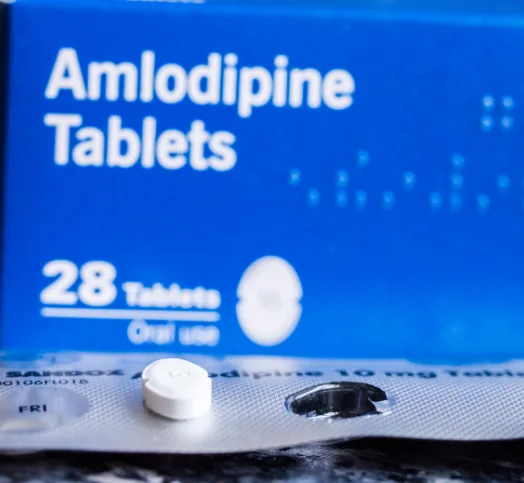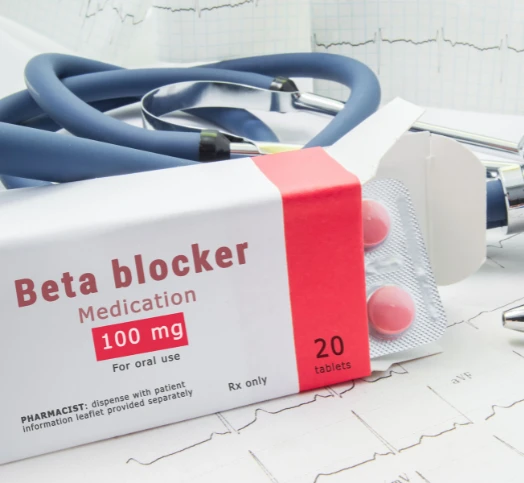In a significant stride towards combating cardiovascular disease (CVD), the U.S. Food and Drug Administration (FDA) recently approved WEGOVY (semaglutide), a novel medication demonstrating protective benefits against CVD. This milestone marks a pivotal moment in the pharmaceutical landscape, offering new hope for individuals at risk of this prevalent and potentially life-threatening condition.
Mechanism of Action
WEGOVY (semaglutide), developed by Novo Nordisk, is an injectable prescription medication designed to manage weight by regulating appetite and reducing caloric intake. It mimics the action of a naturally occurring hormone called glucagon-like peptide-1 (GLP-1), which helps regulate appetite, food intake, and blood sugar levels. By activating GLP-1 receptors in the brain, WEGOVY reduces appetite and calorie intake, leading to weight loss. It also slows down stomach emptying, helping control blood sugar levels and potentially contributing to its cardiovascular benefits.

Evidence
The landmark study involved over 17,500 participants aged 45 and older across 41 countries. Tracked for over three years, participants with a BMI of 27 or higher received weekly injections of WEGOVY or a placebo alongside standard heart medications. Results revealed a 20% reduction in the risk of heart attack, stroke, or heart-related death among those receiving WEGOVY compared to the placebo group. Notably, WEGOVY recipients experienced significant weight loss (about 9%) and improvements in key markers of heart disease, including inflammation, cholesterol levels, blood sugars, blood pressure, and waist circumference.
Potential Side Effects
Some potential side effects of WEGOVY (semaglutide) include nausea, vomiting, diarrhea, constipation, abdominal pain, decreased appetite, indigestion, fatigue, dizziness, headache, and injection site reactions. More serious side effects like pancreatitis or gallbladder problems may occur. It’s crucial for individuals taking WEGOVY to report any unusual symptoms to their healthcare provider promptly.
FDA Decision
The FDA’s decision to approve WEGOVY (semaglutide) for its protective benefits against CVD highlights the need for innovative approaches in tackling the global burden of cardiovascular disease. Obesity, a significant risk factor for CVD, contributes to conditions such as hypertension, diabetes, and dyslipidemia. WEGOVY can potentially mitigate these risk factors and reduce adverse cardiovascular events. However, individualized treatment plans and carefully considering benefits versus risks are essential.
Conclusion
The FDA’s approval of WEGOVY (semaglutide) represents a significant milestone in the fight against cardiovascular disease. By embracing innovative therapies like WEGOVY, we can work towards a future where CVD is no longer a leading cause of morbidity and mortality. However, it’s crucial to acknowledge potential side effects and prioritize individualized treatment plans, along with lifestyle modifications, to ensure optimal patient outcomes.











